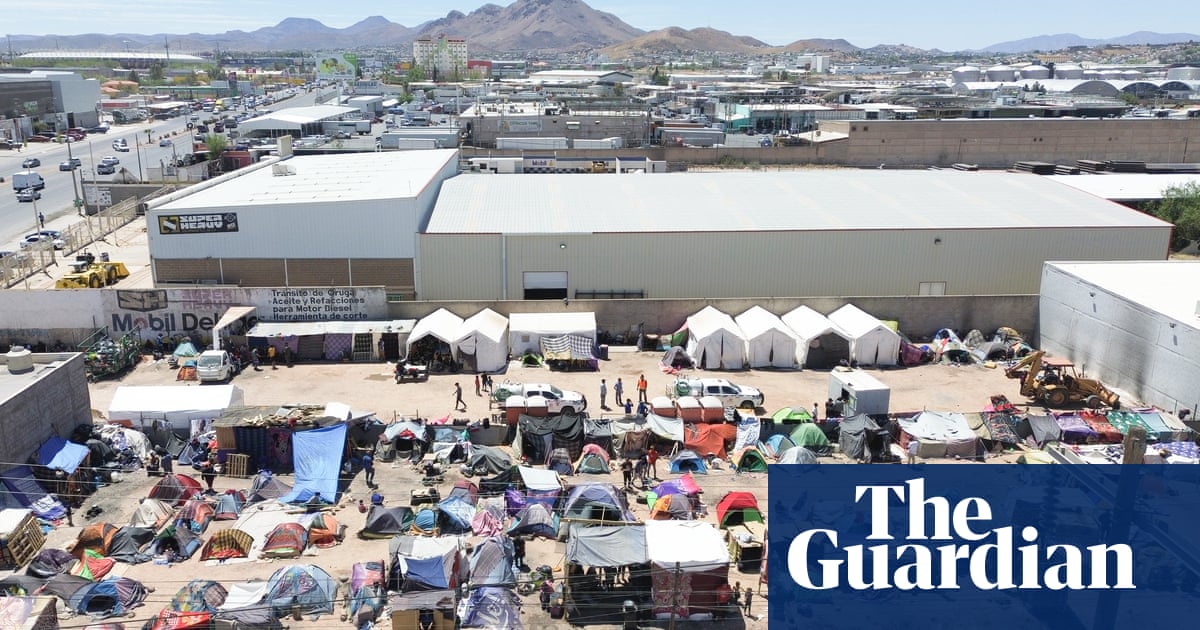
Many Lebanese were delighted by their country’s 76th Independence Day celebrations last week.
They were not surprised by the wretched official ceremony that was organized by the remnants of a divided authority that is not bound together by principles and visions, but which is losing – day after day – every remaining excuse for its existence. They were taken by surprise by the real celebration that was organized by the people, in a rare show of resolve, joy and self-belief.
The “real Independence” was the one celebrated by the Lebanon of the people, hope, ambition, honesty and innocence, away from dubious deals, conspiracies, threats and bullying.
I write these lines having lived more than four decades outside of Lebanon. I have become fully convinced that I no longer know the Lebanese.
It is true that I have always been realistic enough to recall that more than 65 percent of the current Lebanese people were born after I left my birthplace. It is also true that during discussions with this generation of Lebanese, I used to feel unhappy with their weak memory and their different priorities as they dream, demand and pass rash judgements. Moreover, I have always remembered that these young people were brought up in a country suffering from lengthy cultural estrangement, educational chaos, flawed judiciary, political hypocrisy and economic vulnerability; all of which left indelible marks on their characters and way of thinking.
Despite all of the above, I was happy that the Lebanese no longer recognize their political class, which has abused their trust and humiliated them. The difference was clear – if not glaring – between the people who love each other and whose numbers could not be accommodated by the largest of squares and between an authority whose leaders distrust and hate one another and who only come together to reap spoils and divide influence, while looking down at those below them and bowing to those who command them.
When those in their 60s and 70s, like me, claim the “wisdom of age”, and condescendingly ask the younger generation to be modest and rational, our “wisdom” has been – in part – a product of continued failures and frustration, which instilled in us hesitancy, caution and even cowardice.
The young men and women, whose innovation and courage were on display in central Beirut, declared to the world that they were “the children of life”. What they have been doing for more than 35 days has been a translation of their belief that their courage will cost them nothing, and their hesitancy will gain them nothing.
Do I admire them? Yes, I do. Do I wish I was with them? Definitely, despite the fact that any attempt, from people like me, to draw their attention to the various aspects of Lebanon’s ills would seem like a “double-edged sword”.
Another thing, which may appear “technical” somehow, is that “the devil is in the details”. Thus, the young leaders of the Lebanese Uprising, now that it is in its second month, must embark on devising the tactics, priorities and strategies.
There have been two factors behind the continued momentum of the Uprising:
1- The government’s mishandling of the situation and the provocations caused by it and their supporters.
2- The army’s refraining – so far – from using repressive “Syrian / Iraqi Style” measures.
These two factors have been quite important as they have given the protestors enough time to know one another, and interact better with their numerous supporters who have been impressed by the protestors’ commitment and honesty. However, keeping up the momentum requires moving forward, albeit at a slower pace, and coming up with rational and practical ideas. This is necessary, although some may be in a hurry to reap the much-hoped for achievements.
I say this because I am now fully convinced that the only option left to the Lebanese authorities, namely Hezbollah and President Michel Aoun, is suppressing the Uprising. This is what one deduces from actions and speeches from the camps of those two allies; whether they are systematic accusations of treason and claims that the protestors are “agents of foreign powers”, the rejection of conducting parliamentary consultations to form a new cabinet, as is required by the Lebanese Constitution, or undermining the Taif Accord which is now enshrined in the Constitution.
Ironically, Hezbollah, which openly admits receiving its money and arms from Iran, is the party accusing the Uprising and its opponents of being “agents of foreigners”, while his ally Aoun continues to delay the consultations, insisting on unconstitutionally having the last word in the formation of the cabinet.
Given such a situation, I believe it is necessary that the protestors form “coordinating committees”, without regarding them as a formal “leadership” for the Uprising. These committees would achieve two goals: the first is that they would end the well-intentioned but chaotic and spontaneous movements; secondly, they would prevent the authorities from penetrating, hijacking and sabotaging the Uprising.
The threat of diverting and hijacking the peaceful Uprising remains a possibility as long as the authorities’ stances are unchanged. Another threat is extremist demands and irrational outbidding from the protestors’ camp, as these would make the task of diverting and sabotaging the Uprising easier.
Again, the Uprising’s leading activists must keep in mind some facts about Lebanon’s old problems, in addition to its current crisis, which starts and ends with the de facto occupation of the pro-Iran militia.
Among the most important facts is that deeply entrenched sectarianism will never be wiped out through good intentions and sweet words, but through badly needed institutions that would pave the way to ending sectarianism; beginning with civic education at early age at homes and schools, before cleansing the government and civil service.
Another fact is corruption, which has become an accusation exchanged by almost everybody without linking it with its breeding ground, which has protected and institutionalized it!
A few days ago, many Lebanese who had given up on their homeland, changed their minds, are renewing their trust and pride in it.
The message of the Uprising has been uplifting and optimistic. The Lebanon of the people is the independent homeland, while the Lebanon of the authorities is an occupied one, out of time, out of place and out of calculations.












